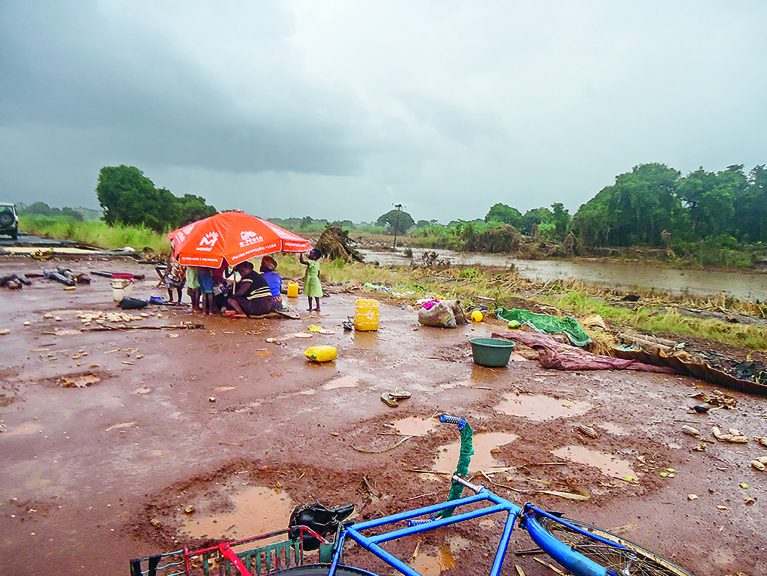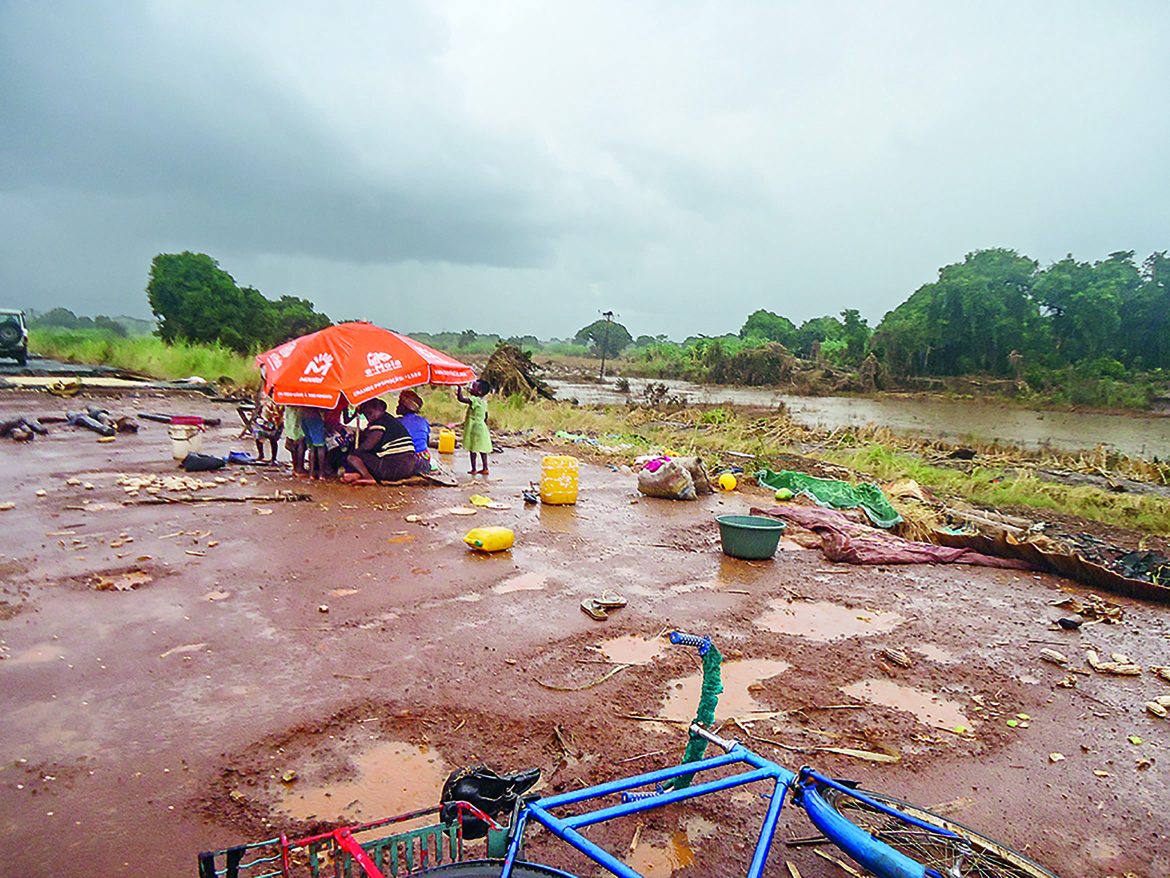Climate
Justice
Climate change as a consequence of extreme inequality
In the past 30 years, the wealthiest percentage of the global population (63 million people) emitted over double the quantity of CO2 than did the poorer half of mankind. Yet, climate change impacts the poorest countries particularly severely.
Heatwaves or extreme tropical storms accompanied by heavy rainfall are already a life-threatening reality for millions of people. Within the framework of Climate Alliance Switzerland, Solidar Suisse advocates for fair climate policies and runs projects to build resilience among people in the Global South.
Unequal climate crisis
Climate change is characterised by extreme inequality. Wealthy industrial countries are responsible for the majority of the greenhouse gas emissions caused to date, while the poorest countries that have contributed little to climate change are particularly hard hit by the consequences. At the same time however, the Global South lacks the financial resources with which to reduce greenhouse gas emissions (mitigation) and to protect itself from the impact of global warming (adaptation).
Fair climate change policy requires wealthy countries to reduce their emissions to net zero by 2030 and for them to provide financial support to enable countries of the Global South to achieve environmentally sustainable development. Since 2018, millions of activists have been raising awareness around the failure of the climate policy pursued to date and have been demanding global climate justice.
Escape from Cyclone Idai in Moçambique. © Solidar Suisse
Climate policy and disaster prevention
Selected projects
In Burkina Faso, which is heavily impacted by climate change, Solidar Suisse is sharing new farming methods that enable people to maintain food security. We are also engaging in countries particularly hard hit by climate change through projects on functioning public service and disaster prevention.

